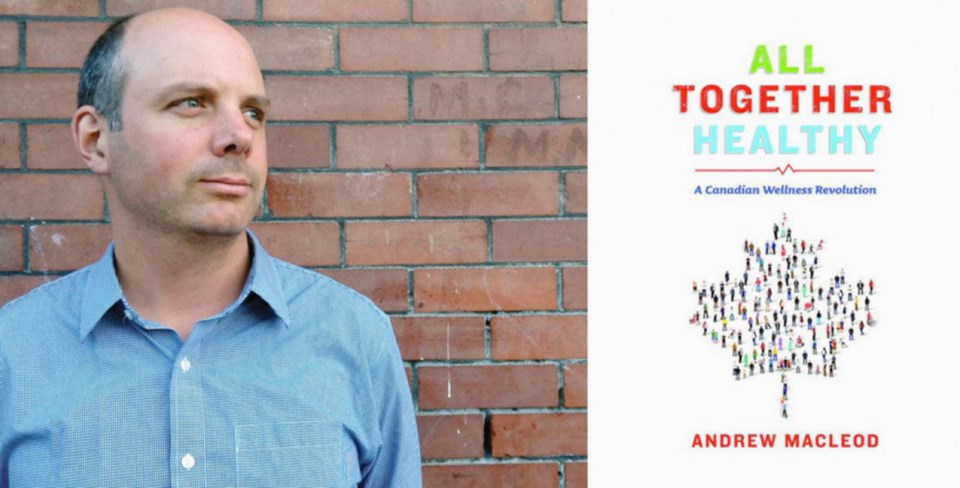Two of my recent readings from very different fields have each in their own way underlined how we have failed to come to grips with fundamental challenges that have significant health impacts today, and will have profound impacts for the next generations.
We — and by “we” I mean mainly the powerful who run our major public and private institutions — have ignored and denied the evidence for decades, choosing short-term economic gain and not caring about long-term human pain.
The two areas are the social determinants of health — mainly poverty, inequality and social injustice — and climate change, which I will discuss next week. In each case, the authors make it clear that we have known all along that our current policies are harmful and that better options exist, but governments and their corporate partners have failed to act, or have even actively obstructed action.
The first example is the rather depressing summary of the history of our inaction on the social determinants of health, dating back to at least 1974. This story is told in Andrew MacLeod’s new and welcome book All Together Healthy. MacLeod is the legislative bureau chief for the Tyee website in B.C., and his book is about all the things beyond the health-care system that make us healthy; in other words, the subject of my columns.
He recounts a story only too familiar to those of us who work in population and public health. In 1974, the federal Department of Health and Welfare (as it then was) published a short but powerful policy framework: A New Perspective on the Health of Canadians. I have a particular attachment to this report, because it was published just before I moved to Canada to be a family doctor in rural New Brunswick. I read it soon after, and it helped change my life and move me toward a career in public health.
Named for the then-minister, Marc Lalonde, the Lalonde Report suggested there are four “health fields”: Human biology, lifestyle, the environment and health care. Importantly, the report stated: “There is little doubt that future improvements in the level of health of Canadians lie mainly in improving the environment, moderating self-imposed risks and adding to our knowledge of human biology.”
While this approach paid too much attention to lifestyle as personal choices and behaviours, failing to acknowledge the powerful forces in the social and commercial environments that shape choices, such as income and marketing, it nonetheless marked a crucial turning point by questioning the impact of health care on health. In fact, as MacLeod points out, the report stated the federal government would pay as much attention to these other three fields as it then did to the financing of health care.
Really? Did I miss something? As MacLeod drily remarks: “Action did not tend to match the rhetoric.” And he goes on to recount the other national reports since then that have also been largely ignored, among them the 1986 Epp report (named for another federal minister), which highlighted the need to address health inequality related to income, and a 1990s report from the National Health Forum that repeated the same messages.
The reasons behind this neglect and denial, if not outright suppression, are apparent in the 1974 Lalonde report, which states: “Ominous counter-forces have been at work to undo progress in raising the health status of Canadians. These counter-forces constitute the dark side of economic progress.” And there you have it in a nutshell: A lot of people make a lot of money by making people sick.
Hence MacLeod’s closing observation that: “The federal government under both major parties has known for decades that poor health is closely tied to social inequity.” And yet, he concludes, it has done nothing and in fact “in many cases has taken policy choices that have made matters worse.”
If we really want to improve the health of the population, we have to tackle poverty, inequality and unhealthy business practices. In short, we have to change society and the economy, which is clearly too big a step — and too threatening — for those who hold power in Canada today.
Dr. Trevor Hancock is a retired professor and senior scholar at the University of Victoria’s School of Public Health and Social Policy.



